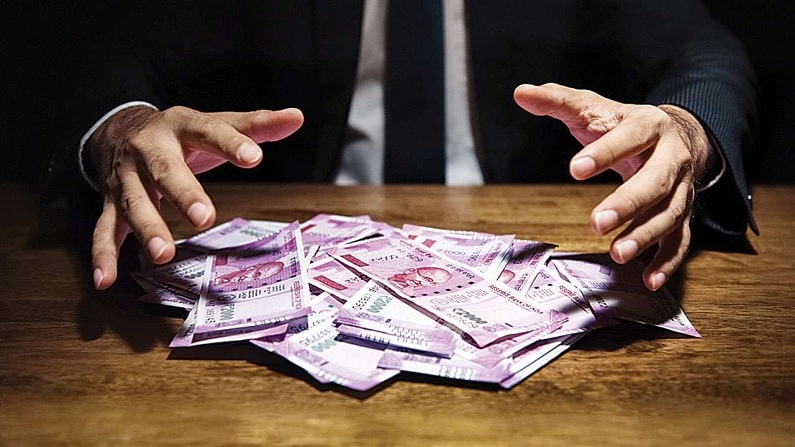There is a fixed guideline of RBI regarding how much money of the customers remains safe when the bank is declared insolvent. Under this, there is a provision to refund up to a certain amount if DICGC is covered.

When the bank goes bankrupt, is the money of the customers safe?
People deposit money in banks to improve their future and get higher returns on deposits. It is also considered better from the point of view of security, but when the bank sinks, the situation becomes serious, people are afraid of sinking their deposits. In such a situation, if a bank is declared bankrupt, then it is very important to know what percentage of your deposit is safe. So what are the rules related to it, let us know.
Provision for refund of up to 5 lakhs
According to the rules, if a bank sinks, then the deposits of the customers of that bank up to Rs 5 lakh remain secure. This amount is kept safe under the Deposit Insurance and Credit Guarantee Corporation (DICGC), a wholly owned company of the Reserve Bank of India. All commercial and co-operative banks are insured by DICGC, under which there is deposit insurance coverage on the bank deposits of the depositors. All types of deposits like savings, fixed, current, recurring or others are insured by DICGC in the bank. All small and big commercial banks, cooperative banks are covered under its purview. But apart from the fixed amount, that is, if a customer has more than Rs 5 lakh deposited in the bank, then there is a fear of sinking the rest of the deposit.
Case in court even though DICGC is covered
If some co-operative banks are declared insolvent, the risk of losing the money of the customers increases. During this, despite having DICGC, there is no certainty. Such cases drag to the courts. In the case of Punjab and Maharashtra Co-operative Bank (PMC), the Reserve Bank of India has given in-principle approval to the acquisition by Centrum Financial Services, which will be a positive development.
Government of India owned banks are safe
There are 12 nationalized banks, also known as public sector banks, as per the list of banks available on the RBI website. It is the safest category due to the ownership of the Government of India having at least more than 50%. However it is not a declared guarantee on deposits like DICGC.
When a PSU bank is in trouble, RBI merges it with a stronger PSU bank. In any such case, depositors’ money remains safe and DICGC coverage is not required. It is an extension of the central government owned bank. Therefore, there is no fear of default if the condition of the bank is not good.
Also read: Paytm has extended the deadline for submission of documents for share sale, know how long the documents will have to be handed over
The price of petrol and diesel in the country crosses 100 rupees, the Petroleum Minister told this to the oil producing countries to make the price
.

